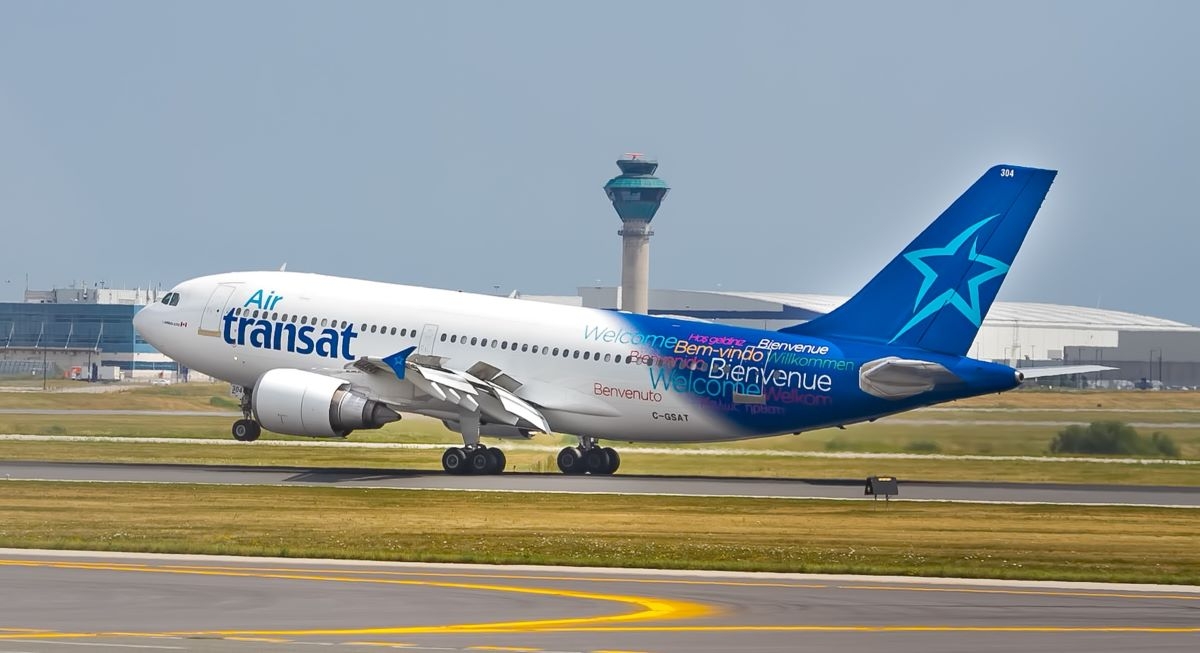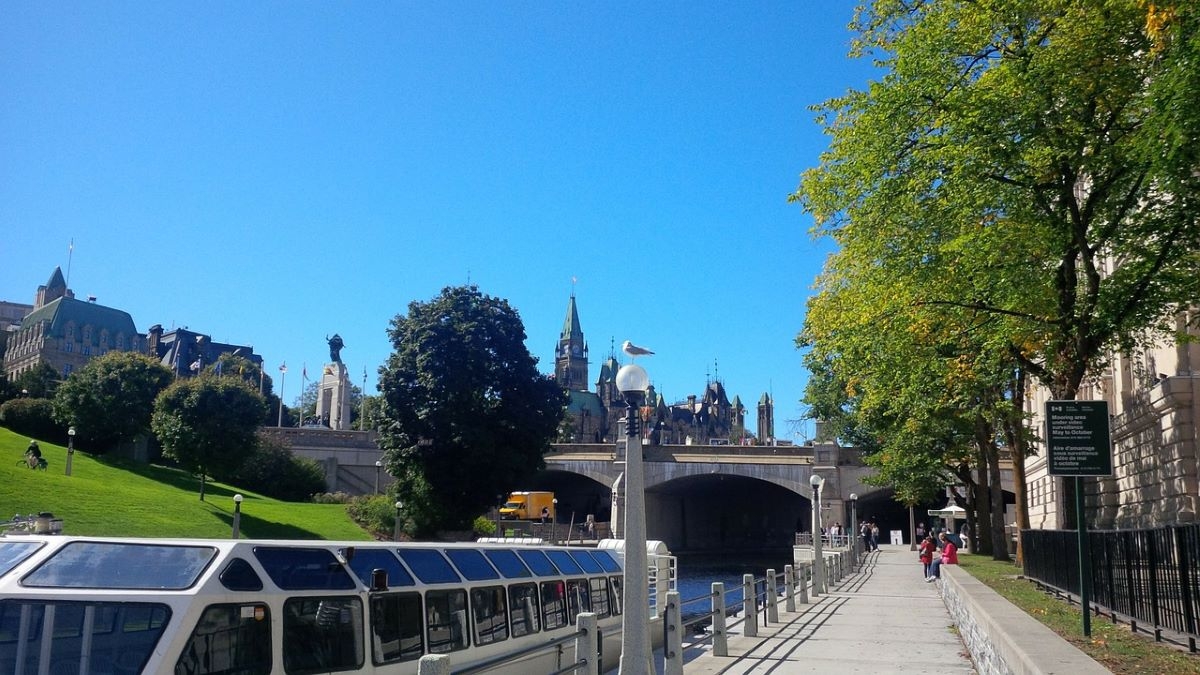
Ottawa airline bail-out still in consideration
After the first restrictions imposed on Canadian airlines, no real improvement has been seen with the situation. Most Canadian companies are alarmingly under the maintenance zone. Most of them are forced to cut costs by either removing flights to unprofitable destinations within the country, or they have to lay off thousands of employees with just a few weeks between them.
This is most definitely not sustainable as the loss of options and the loss of personnel will likely lead to an oversaturation of “profitable” destinations, forcing airlines to lower the prices once again.
What goes around comes around
It’s an issue slowly spiraling out of control due to the measures that airlines are forced to take. As many experts have already mentioned, this is just a short-term solution that will lead to even further issues in the long-term.
It’s not guaranteed that these airline jobs will return once the pandemic is over as companies are unlikely to have the capital to sustain the same volume of operations they had before. Because of these issues, the prices on flights will have to increase due to their low supply, causing many to look for alternatives until the supply/demand ratio adjusts. This may take months or even years if not properly dealt with right now.
The largest companies taking hits at the moment are Air Canada and WestJet Airlines. They are forced to cut off thousands of workers every quarter if not every month, leaving even more costs for the Canadian government to provide a safety net for these laid-off people.
This is one of the main reasons why economists believe it’s best that companies are provided relief. Because one way or another, the government will still have to pay. Those that lose their jobs in the pandemic will simply claim unemployment, forcing further spending that could have gone to corporations. This would ensure the retention of both staff and air traffic. Sure it still wouldn’t be an amazing improvement compared to pre-COVID metrics, but it wouldn’t be disastrous.
CAD in trouble
This is mostly speculation, but a number of economists have already commented on this issue. As government spending increases, there are new sources of “payment” that they have to find. Naturally, this translates into hiked taxes on both the population as well as businesses. However, many have commented on the alarming rate that countries are printing money. Considering that Canada just got a bill of its lifetime with the pandemic, it’s likely that printing volumes will increase.
It is rational to believe that due to the popularity of forex trading in Canada, the markets will somehow adjust to newly printed banknotes without taking out a huge chunk of the economy with it, but what if we think long-term?
Think of post-COVID times and what the inflation of a previously major currency would look like for a country already directed by percentage income tax laws. It will be absolutely essential that the Trudeau administration adjust the income tax laws should inflation get out of hand. Because imagine if you have a CAD 50,000 salary after taxes today. That same salary could be worth CAD 40,000 if inflation is not maintained. A natural adjustment from the employer would be to increase the pay to where it balances with inflation. But if the laws are not updated by that time, you just get taxed more. In the end, you are still left with less money than you had before and even during COVID.
It is a serious issue that could inflate into unmanageable proportions. But based on the trust factor in Canada towards the local government, it is likely to be addressed soon without any long-term consequences.
Will airlines help though?
The only way that Airlines can survive right now is if they receive government aid as soon as possible. Another solution is to open up air traffic and start allowing tourists back into the country. This could be a saving grace for a few companies but could be a devastating failure in the battle against COVID.
Sure, some countries can be blacklisted due to the number of cases, but then not much is left. Most countries are already seeing numbers spiral out of control so opening the traffic isn’t going to help with much either. Unless Canada becomes desperate enough to let red-zone country citizens in.
All in all, it boils down to 2 options. More people lose their jobs and air travel becomes significantly more expensive. To a point where it’s considered a luxury. Or the government finally releases the funds to aid the struggling airlines in an attempt to get them out of the quicksand they’ve found themselves into. The more they struggle, the quicker the sand eats them, and right now, this struggling is shown to us via layoffs and price hikes.
Photo: Ethan McArthur, Unsplash










